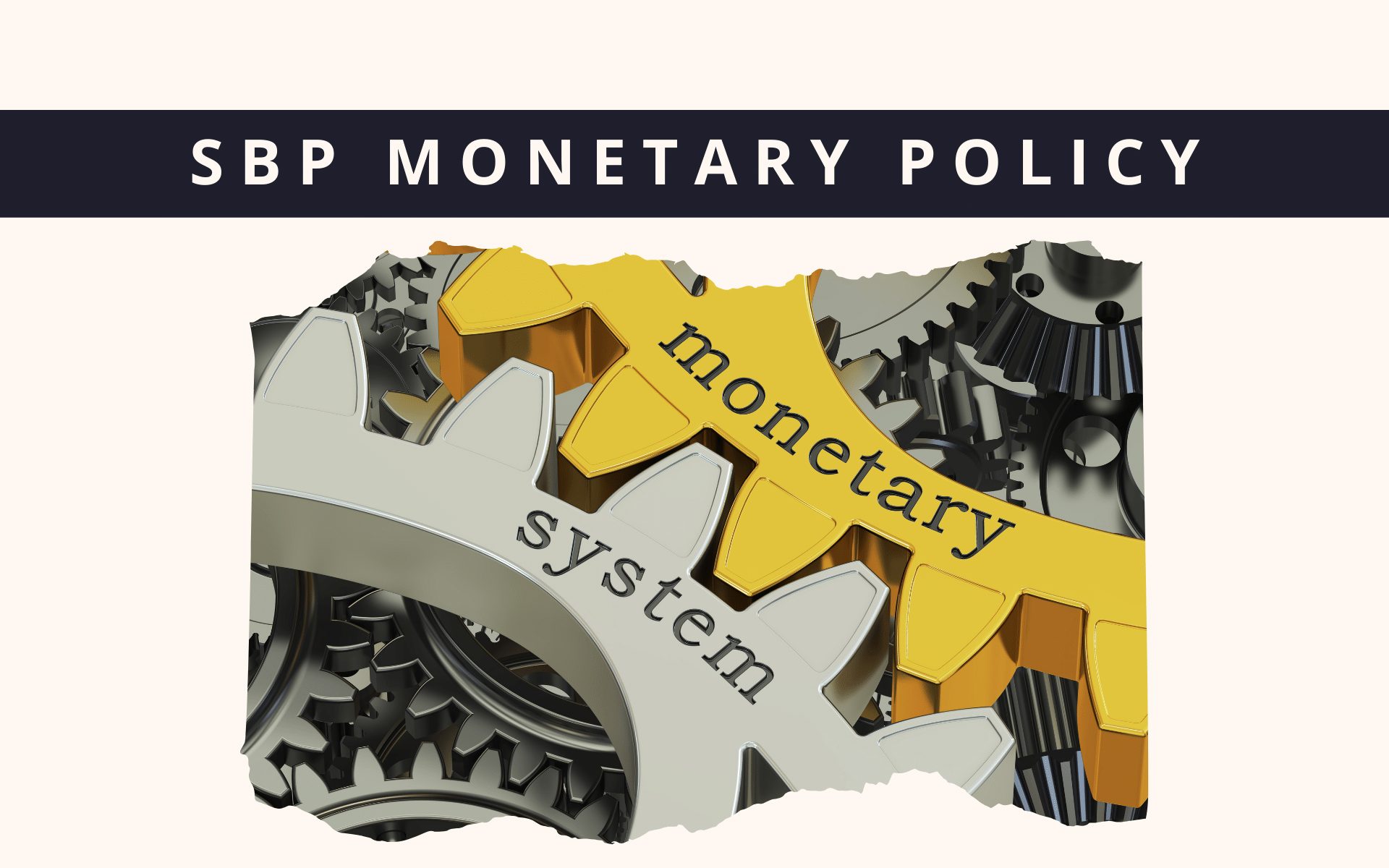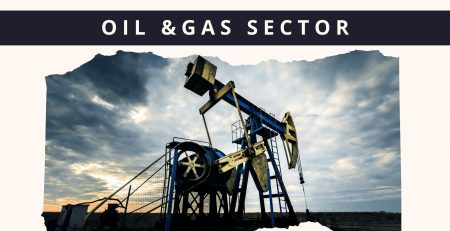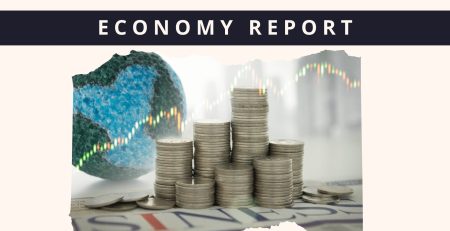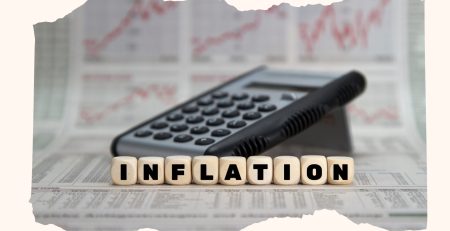Companies with the Most Debt Poised to Benefit from a Rate Cut
After today’s rate cut, the following companies burdened with substantial debt stand to gain significantly from reduced markup payments.
Cement Sector
The cement sector features prominently among the highly indebted, with several companies carrying substantial debt loads:
📢 Announcement: You can now access our services and similar analyses by opening an account with us via JS Global

- Bestway Cement (BWCL): With a total debt of PKR 61 billion, BWCL is highly leveraged. A 100 basis points cut could significantly lower their interest payments, aiding their profitability.
- D.G. Khan Cement (DGKC): Carrying a debt burden of PKR 40 billion, DGKC will also experience considerable savings on interest expenses.
- Fauji Cement (FCCL): With PKR 39 billion in debt, FCCL will benefit similarly, with reduced financial costs leading to improved earnings.
These companies are likely to see some relief in their earnings, even though a portion of their debt is already subsidized under the Temporary Economic Refinance Facility (TERF) and the Long-Term Financing Facility (LTFF).
Technology & Communication Sector
PTC from the tech sector is not immune to high debt levels:
- Pakistan Telecommunication Company (PTC): Encumbered with a debt load totaling PKR 231.3 billion, with a debt-to-asset ratio of 36%. A rate cut of 50 bps is projected to have a notable impact on their financials, reducing costs by approximately PKR 3.8 billion.
A rate cut will help the company in reducing their interest payments, freeing up capital for further investment and growth.
Textile Sector
📢 Announcement: We're on WhatsApp – Join Us There!
Textile companies are among the most leveraged, with significant debt burdens:
- Interloop Limited (ILP): With a total debt accumulating to PKR 65.8 billion, this market player stands to save around PKR 1.4 billion with a 50bps rate cut.
- Gul Ahmed Textile Mills (GATM): Owing a cumulative debt of PKR 65.0 billion, GATM could see savings of around PKR 740 million from a similar rate cut.
- Nishat Mills Limited (NML): Facing debt amounting to PKR 77.9 billion, NML is set to save about PKR 351 million from a 50bps rate cut.
These textile giants will see a considerable positive impact from a rate cut, reducing their financial costs and potentially boosting their competitive edge in both domestic and international markets.
Consequently, this rate cut is a pivotal move that could spur economic growth, lower government expenditure on interest payments, and provide a much-needed boost to Pakistan’s fiscal stability.
⚠️ This post reflects the author’s personal opinion and is for informational purposes only. It does not constitute financial advice. Investing involves risk and should be done independently. Read full disclaimer →











Comment (1)
Good information